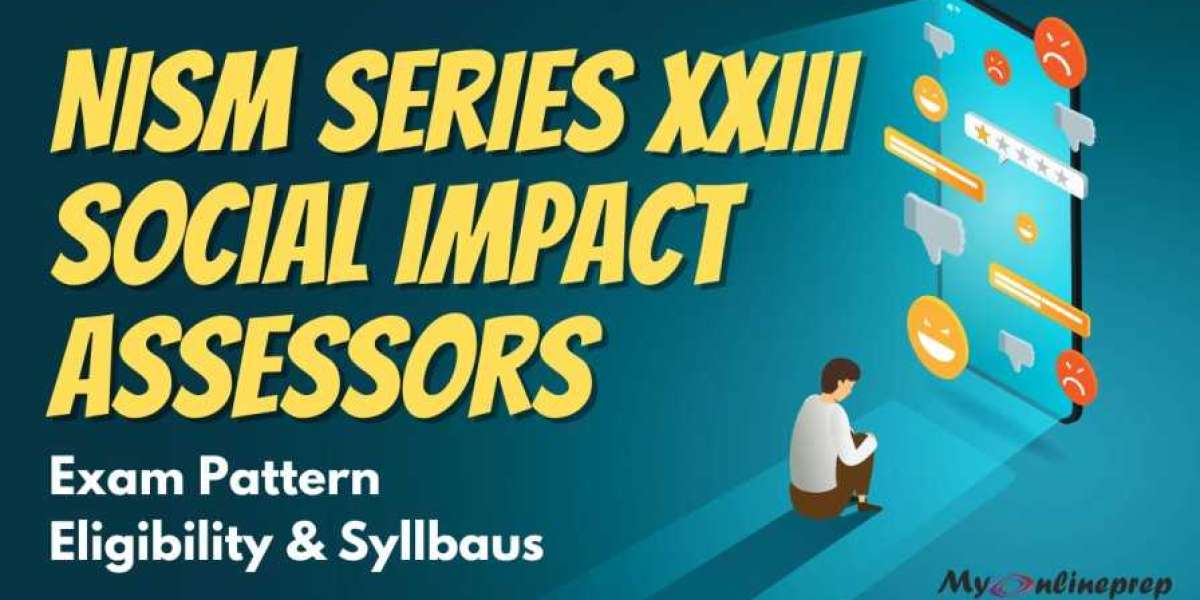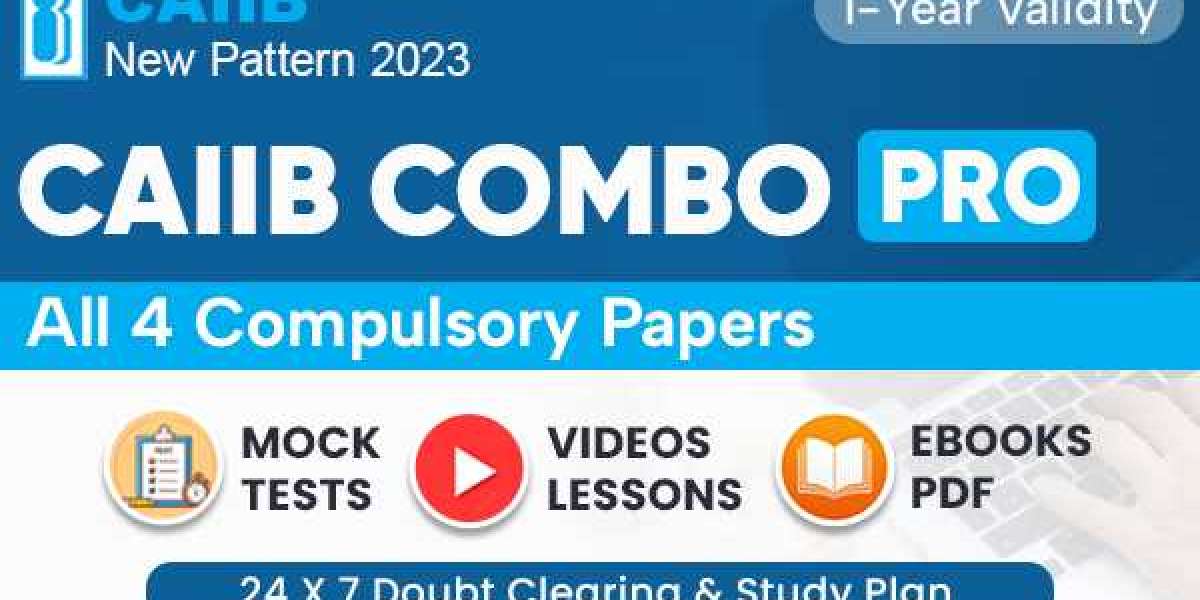The NISM VA Exam is an essential certification for individuals who wish to operate as mutual fund distributors in India. The exam, mandated by the Securities and Exchange Board of India (SEBI) and conducted by the National Institute of Securities Markets (NISM), ensures that individuals engaged in the sale and distribution of mutual fund products possess the required knowledge, ethical standards, and skills to guide investors effectively.
In this article, we will explore the NISM Series V-A exam, its structure, the significance of the certification, the key topics covered, and how to prepare for it.
- Overview of NISM Series V-A Certification Exam
The NISM Series V-A: Mutual Fund Distributors Certification Exam is an entry-level exam designed to evaluate a candidate’s understanding of mutual funds and the regulatory and operational aspects involved in their distribution. This certification is mandatory for individuals involved in selling mutual fund products or providing investment advice.
The key exam details include:
- Number of Questions: 100 multiple-choice questions (MCQs)
- Total Marks: 100 marks (1 mark for each correct answer)
- Negative Marking: 0.25 marks are deducted for each wrong answer
- Passing Marks: 50% (i.e., 50 marks) are required to pass
- Duration: 2 hours (120 minutes)
- Exam Mode: Online at designated NISM test centers across India
Once candidates pass the exam, the certification is valid for three years. After this period, candidates need to renew the certification by either retaking the exam or attending a Continuing Professional Education (CPE) program.
- Why NISM Series V-A Certification is Important
The NISM Series V-A certification is crucial for various reasons:
- Legal Requirement: SEBI mandates this certification for all individuals and organizations distributing mutual fund products in India. Without this certification, one cannot legally sell or advise on mutual fund investments.
- Investor Protection: The certification ensures that mutual fund distributors possess the necessary knowledge to provide accurate and reliable advice to investors. This helps protect investors from uninformed or inappropriate investment decisions.
- Industry Credibility: Having the NISM certification enhances a distributor’s credibility. Investors are more likely to trust certified professionals who have met the regulatory and knowledge requirements set by SEBI.
- Career Growth: For those looking to enter or advance in the financial services sector, particularly in mutual fund distribution, this certification opens doors to a wide range of job opportunities with asset management companies (AMCs), banks, brokerage firms, and as independent advisors.
- Key Topics Covered in the NISM Series V-A Exam
The syllabus for the NISM Series V-A exam is comprehensive, covering a broad range of topics related to mutual funds and their distribution. Below are the key subjects:
3.1 Basics of Mutual Funds
This section introduces candidates to the basic concepts of mutual funds, including:
- Definition of Mutual Funds: Understanding the concept of pooling money from different investors to invest in a diversified portfolio of securities such as equity, debt, and money market instruments.
- Types of Mutual Funds: Understanding different types of mutual funds, including equity funds, debt funds, hybrid funds, index funds, and exchange-traded funds (ETFs).
- Advantages of Mutual Funds: Benefits like diversification, liquidity, professional management, and ease of investment for retail investors.
3.2 Structure and Constituents of Mutual Funds
This topic covers the entities involved in the mutual fund industry, including:
- Asset Management Company (AMC): The entity responsible for managing the mutual fund's portfolio and investment decisions.
- Trustees: Individuals or institutions that ensure the mutual fund operates in the best interest of investors.
- Sponsor: The organization that establishes the mutual fund, appoints the AMC, and takes responsibility for the fund's creation.
3.3 Regulatory and Legal Framework
This section focuses on the regulatory framework governing mutual funds, which is primarily defined by SEBI. Key topics include:
- SEBI (Mutual Funds) Regulations, 1996: The regulatory framework that governs the mutual fund industry in India, ensuring transparency and investor protection.
- AMFI Code of Conduct: The ethical guidelines and professional standards established by the Association of Mutual Funds in India (AMFI), which distributors must adhere to.
- Investors' Rights and Responsibilities: Candidates must understand the rights of mutual fund investors, such as the right to receive accurate information, timely payouts, and grievance redressal.
3.4 Mutual Fund Distribution and Sales
This topic explains how mutual funds are distributed to investors. Important aspects include:
- Distribution Channels: Various channels through which mutual funds are sold, including banks, brokerage firms, financial advisors, and online platforms.
- Direct vs. Regular Plans: Understanding the difference between investing in mutual funds through direct plans (without intermediaries) and regular plans (with intermediaries or distributors).
- Investor Onboarding and KYC: The Know Your Customer (KYC) process, which is a regulatory requirement before onboarding new investors.
3.5 Financial Planning and Advisory Role
Mutual fund distributors often assist clients in financial planning. This section covers:
- Goal-Based Financial Planning: Helping investors align their mutual fund investments with financial goals like retirement, children's education, or wealth accumulation.
- Risk Profiling: Assessing an investor’s risk tolerance to recommend suitable mutual fund schemes.
- Asset Allocation: The process of distributing investments across various asset classes (equity, debt, gold) to optimize risk and returns.
3.6 Mutual Fund Performance Evaluation
Mutual fund distributors need to understand how to evaluate the performance of various mutual fund schemes. Key concepts include:
- Net Asset Value (NAV): Understanding how NAV is calculated and its significance in evaluating mutual fund units.
- Return Calculation: Concepts like Compounded Annual Growth Rate (CAGR), Simple Returns, and Absolute Returns.
- Risk and Return Measures: Performance metrics such as Sharpe Ratio, Alpha, and Beta, which help in analyzing the risk-adjusted performance of mutual fund schemes.
3.7 Taxation of Mutual Funds
Taxation is an important topic that affects mutual fund investments. The exam covers:
- Long-Term Capital Gains (LTCG): Tax applicable on mutual fund units held for over one year (particularly for equity funds).
- Short-Term Capital Gains (STCG): Tax on mutual fund units held for less than one year.
- Dividend Distribution Tax (DDT): Tax implications for dividends paid by mutual funds.
- How to Prepare for the NISM Series V-A Exam
4.1 Study the NISM Workbook
The official NISM Mutual Fund Distributors Workbook is the primary study material for the exam. It covers all the topics included in the syllabus and provides explanations, examples, and case studies that help candidates grasp complex concepts.
4.2 Take Mock Tests
Mock tests are an essential part of exam preparation. Several online platforms offer practice exams that simulate the actual test. Mock tests help candidates improve their time management, identify areas of weakness, and get familiar with the exam format.
4.3 Time Management
With 100 questions to be answered in 120 minutes, time management is key. Candidates should practice solving questions quickly and efficiently to ensure they can attempt all questions within the given time frame.
4.4 Revise Regularly
Regular revision is crucial for retaining key concepts. Candidates should make a revision plan that allows them to go over the core topics multiple times before the exam. Focusing on complex areas such as performance metrics and taxation can help increase confidence during the test.
- Conclusion
The NISM VA Exam is an important stepping stone for anyone seeking to enter the mutual fund industry. It not only fulfills SEBI's regulatory requirements but also equips candidates with the necessary knowledge to serve investors effectively. By studying the syllabus thoroughly, taking mock tests, and managing time efficiently during the exam, candidates can clear the exam and advance their careers as trusted mutual fund distributors in India.
Discover More At:- nism va || nism va mock test || nism 5a mock test || nism va mock test free || nism 5a mock test free || nism va study material || nism 5a study material || nism series va mock test || nism 5a pdf || nism 5a registration || nism mock test series 5a || nism series 5a || nism va certification || nism va exam
Read More: - https://www.myonlineprep.com/free-quiz/nism/nism-5a-free-quiz
Follow Us on Facebook: - https://www.facebook.com/myonlineprep/
Follow Us on Twitter: - https://twitter.com/myonlineprep
Follow Us on YouTube: - https://www.youtube.com/myonlineprep
Follow Us on Linkedin: - https://www.linkedin.com/company/myonlineprep/
Address: - Rafin Education India Pvt Ltd 405, Emarat Firdaus, Exhibition Road, Patna - 800006 (IN)
Call US: +91 92641 49917
Email US: - [email protected]





